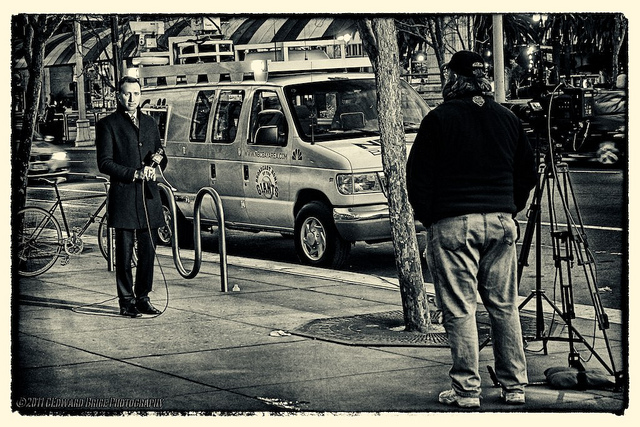
How To Improve Your Prose In Three Months
A few years ago I attended a writing conference at which one of the lecturers made the following claim: If you follow these simple steps you'll markedly improve your prose writing in under three months.
At the time I thought it was too simple to work--just do these few steps every day and in 3 months (give or take) I'd be a better writer. Yeah. Right.
At the time I took the lecture I was skeptical, but now I'm not so sure. I think I might try this.
1. Go through your bookshelves and select a book that you think has terrific prose.
2. Select three pages of the book and copy them, word for word.
This is only for your own edification so you can delete the pages after you're done. It is the act of typing/writing the words that is important.
Copying out the words will give you a feel for the writer's timing, their rhythm.
3. Write a few paragraphs that imitate the prose you've just copied.
For instance, if the text you chose to copy was a love scene, then you write a love scene. The setting you choose for your scene should be similar to the setting in the text you just copied.
Do this for three or four days picking 3 (or so) pages from different parts of the book. Then pick another book and do the same thing with that one.
After 3 or 4 months of this you will find it easier to write in your own voice and your prose will have improved.
# # #
The above is based on notes I took at a writing conference but unfortunately I didn't mark down the name of the conference or when I attended it, but it must have been some time ago. I hate not being able to give a reference but this information seemed too valuable not to share.
Question: Do you have any writing exercises you'd like to share?
Other articles you might like:
- Book Design: What NOT To Do- Cliffhangers
- New Minimum Length For Ebooks On Amazon: 2500 Words
Photo link: "Leap Day" by garlandcannon under Creative Commons Attribution 2.0.










Wow, this is teaching me a lot about some myths I knew existed, just didn’t think were very deep. I was wrong. (grin) I have no idea why anyone would read a book if they already knew everything that was going to happen in the book just as I have clearly little understanding of why any writer writes a book they already know all the details about. I had to do that under contract a couple of times and those were the worst and hardest for me. (Ghost Novel: Day 2, Comments)